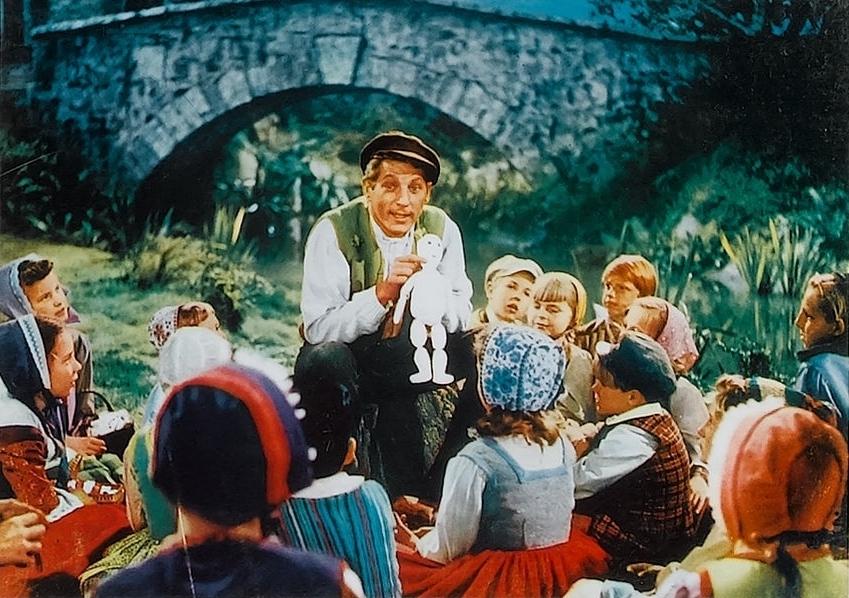Commentary
When Hollywood decides to make a biopic, it chooses a dangerous path. No matter which course the production takes, it’s destined to be fraught with difficulties and criticism. If every event of the person’s life is depicted, it’s too long and boring. If some events are omitted, it cuts out the best parts. If plot points are dramatized for entertainment’s sake, it’s misleading. If they make the story too inaccurate, relatives will likely sue them. If they make the story too accurate, then relatives will really sue them!





